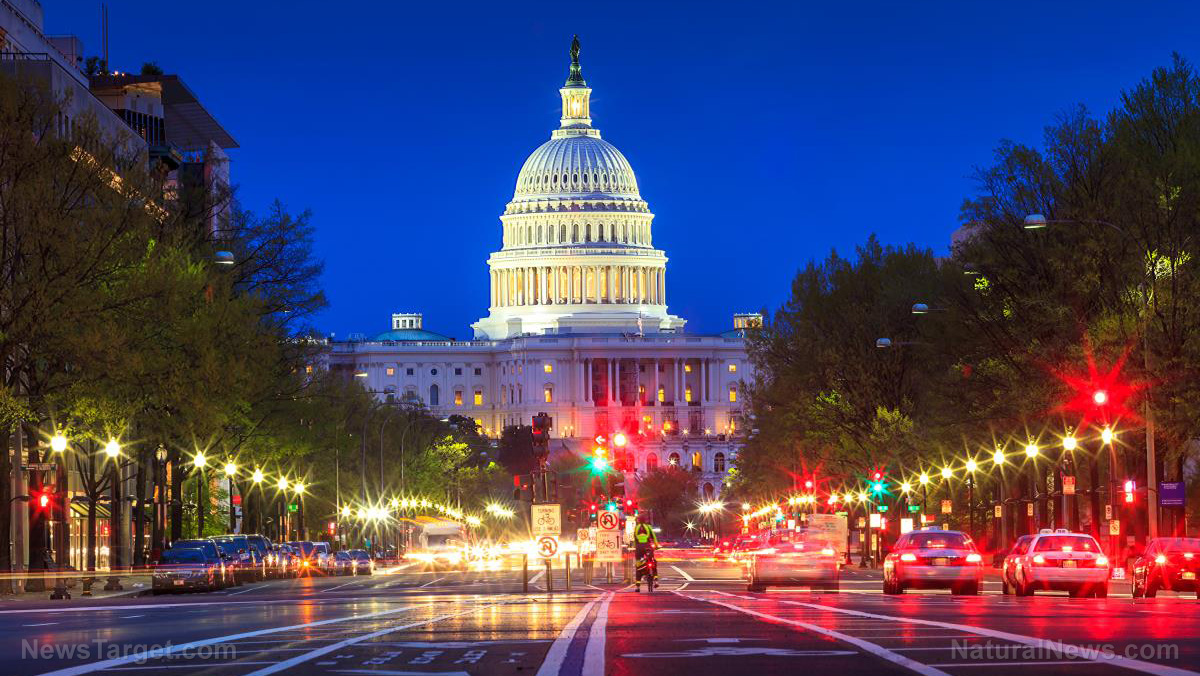
Advertisement
Americans handed Donald J. Trump a massive electoral landslide victory over Hillary Clinton for his stance on a number of issues guaranteed to dramatically improve the U.S. economy and the lives of individuals, economically speaking.
However, thus far he has had only limited success in implementing the agenda for which he was elected. Presidents control the Executive Branch, and the Trump administration has been working hard to roll back rules and regulations while enacting policies aimed at stimulating growth.
But presidents can only do so much. They need Congress to pass legislation enacting the really important parts of the presidential agenda, and so far, Trump hasn’t gotten much help in that regard.
Worse, he’s not had any major legislative victories despite the fact that his party controls both chambers of Congress.
Republicans vowed, almost unanimously, to repeal and replace Obamacare once a GOP president won the White House, but despite Trump’s victory, 10 months later Obamacare remains intact, the latest effort to repeal it falling apart this week because too few Republicans would support it.
Now, it appears as though another of Trump’s major legislative objectives — dramatically reforming the tax code which includes a 14-point drop in the top tax rates for corporations, which would dramatically spur economic growth — is in jeopardy of going down in flames.
Thanks to Republicans who, again, once near-universally were pushing for the same thing Trump has just proposed.
As reported by the UK’s Daily Mail, as the president gears up to sell his plan to Corporate America, it was already drawing some opposition from fellow Republicans who don’t like provisions that call for an end to state and local income tax deductions, which is part of the White House’s effort to close loopholes and simplify the tax code.

In particular, the provisions pit the plan against Republicans and Democrats in states that have burdened residents with exorbitant income taxes on top of what Uncle Sam takes.
California lawmakers are especially upset. Residents of the Golden State typically pay 13.3 percent of their paycheck in income taxes, along with what Washington takes. In New York, the rate is 8.82 percent. Seven states, meanwhile, have no state income taxes. Among them are Nevada, Texas, and Florida.
As the Daily Mail notes further:
Under the Trump tax reform plan, a family earning $100,000 in Los Angeles pays about $6,000 in state and local income taxes. Losing the ability to deduct that expense would cost the hypothetical taxpayers around $1,800.
As The National Sentinel reported, the provision has some California legislators talking conspiracy. “Republicans in Washington have once again zeroed in on California to punish us and make our state the single biggest loser in their reckless tax scheme,” Senate President Pro Tem Kevin de León, D-Los Angeles, complained.
Actually, there was no grand plan to ‘zero in’ on California, though if Trump’s plan passes as is, Californians will begin to understand just how much socialism really costs. (Related: Democrats say they want to grow jobs and the economy — they can start by supporting Trump’s tax reform proposal.)
Rather, Trump and those in his administration charged with selling the plan are attempting to do two things: 1) Greatly simplify the tax cod, and 2) Keep the plan revenue-neutral, given that government spending isn’t going to go down anytime soon.
“The members with concerns from high-tax states have to be accommodated,” said Rep. Peter Roskam, R-Ill., the senior member of the powerful tax-writing House Ways and Means Committee. “So you can imagine a soft landing on this that creative people are putting much time and energy into.”
Some members of the GOP who are opposing Trump’s tax reform also opposed his budget, which sought dramatic cuts in government spending.
So it seems that the modern incarnation of the Republican Party — if leadership’s positions are any indication — no longer believes in lower taxes and less spending, which used to be pillars of the GOP’s party plank.
It’s become obvious by now that Trump’s biggest problem is that he won the presidential race, and far too many people in both parties still can’t accept that an outsider like him kicked their collective bottoms.
But in the meantime, the country suffers for their arrogant dismissal of an agenda most of us voted for.
J.D. Heyes is a senior writer for NaturalNews.com and NewsTarget.com, as well as editor of The National Sentinel.
Sources include:
Submit a correction >>
This article may contain statements that reflect the opinion of the author
Advertisement
Advertisements















